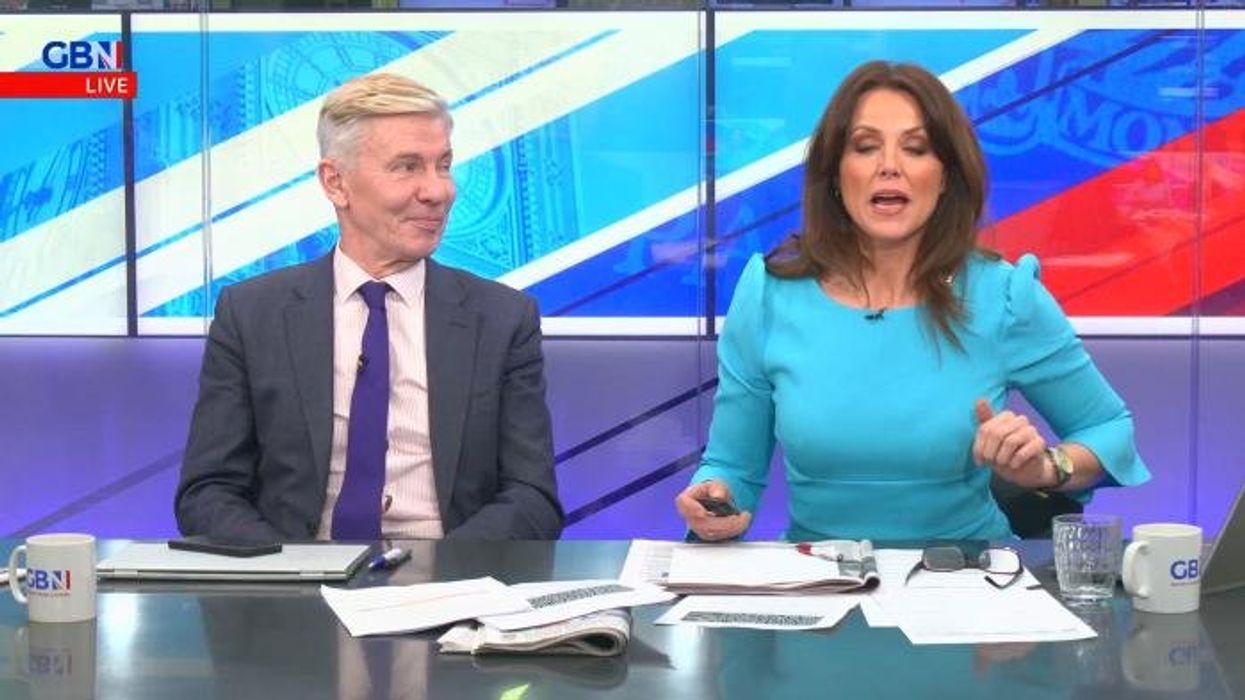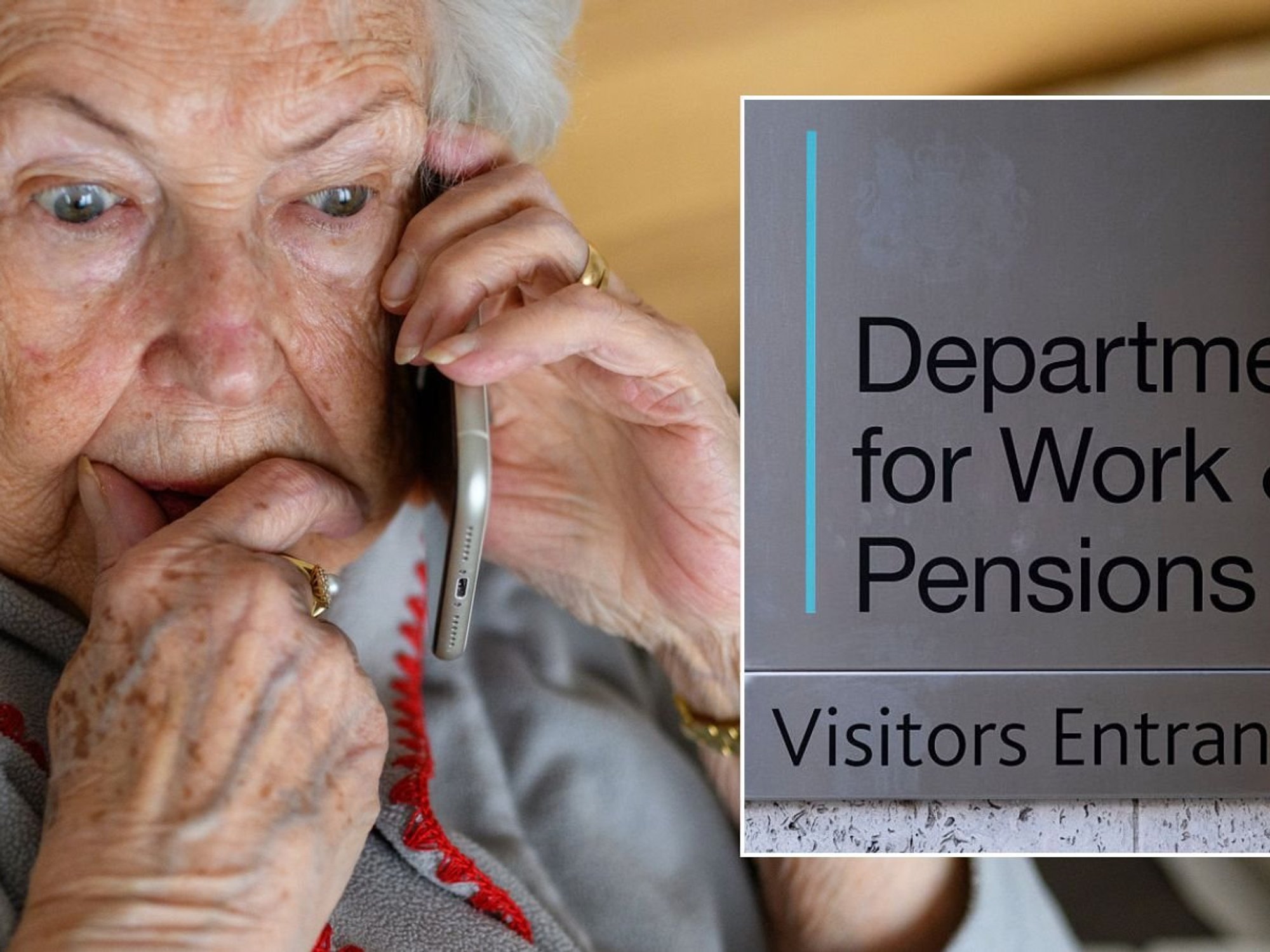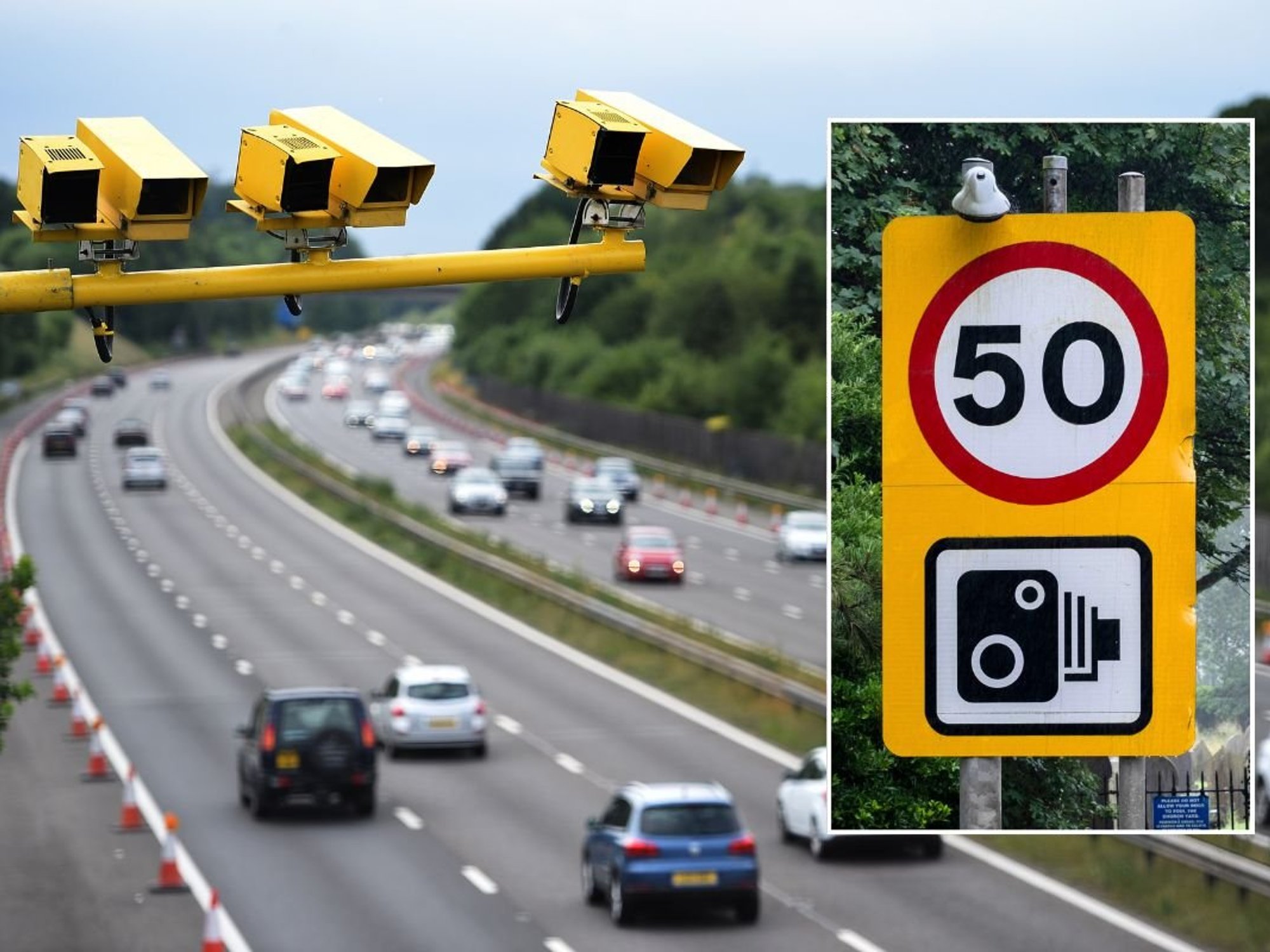Motorists could face tougher traffic rules and 'real consequences' for offences under new proposals

Bracknell Forest Council has called for more powers to tackle pavement parking
Don't Miss
Most Read
Drivers have been warned of tougher enforcement measures for pavement parking across a popular region, which could lead to new traffic rules.
It comes after Bracknell Forest Council called on Thames Valley Police for more support over pavement parking issues, following anger from residents over cars blocking vital walking routes.
Councillor Guy Gillbe has now written directly to the Police and Crime Commissioner, urging urgent police intervention and demanding "real consequences" for drivers who leave pavements obstructed.
He argued that the situation could no longer be ignored, insisting that vulnerable pedestrians had been put in danger daily while authorities appeared unable or unwilling to act.
The council reported receiving a steady stream of complaints from residents forced into the road because vehicles were mounting pavements and blocking footways.
Wheelchair users, people with mobility difficulties and parents pushing prams were among those affected, and many said they felt unsafe and abandoned by the system that was supposed to protect them.
Despite growing public frustration, councils across England continued to face the same problem, not having the proper power to enforce pavement-parking rules unless specific traffic orders were already in place.
In practice, this meant local authorities remained powerless unless yellow lines or other restrictions had previously been installed.

The council has argued that current measures fail to prevent vehicles from blocking the pavement
|BRACKNELL FOREST COUNCIL
But in the letter, Bracknell Forest Council has made it clear that the situation was unacceptable and wanted police support without delay.
Councillor Gillbe said: "We took action where we could, but we could only do so much under the decriminalised parking powers available to councils.
"This especially affected people with limited mobility or those with young children and buggies. We were reaching out to ask for help."
The council stressed that police were best placed to deal with individual offenders, particularly when specific vehicles were repeatedly causing problems.
LATEST DEVELOPMENTS:
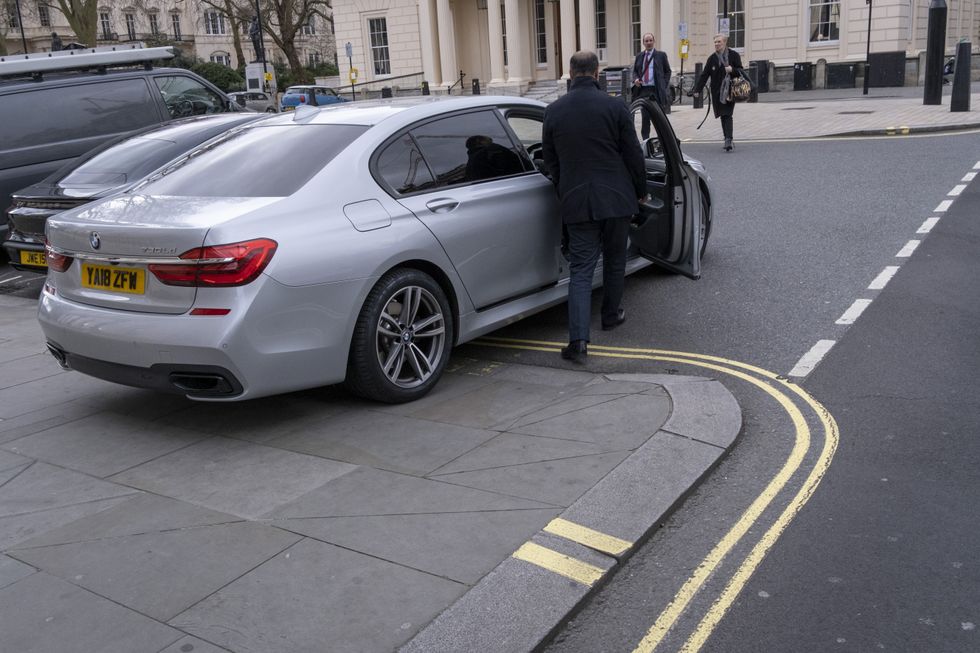
The council has called on Thames Valley Police for more support in pavement parking enforcement
| GETTYMr Gillbe accepted that parking space was tight in certain parts of the borough, but said that did not give drivers the right to block pavements and force others into traffic.
While he acknowledged the problem was not universal, he warned that, where it happened, it damaged people's everyday lives and restricted their ability to move around safely.
At the heart of the row was confusion over who was responsible for enforcement. In London and Scotland, pavement parking was backed by legislation, and police could issue fines.
Outside those areas, however, the Highway Code stated drivers "should not" park on pavements rather than "must not", leaving the public unclear about who could intervene.
The police do, however, hold powers under Highway Code rule 242 to issue Fixed Penalty Notices where a vehicle is causing obstruction or danger.
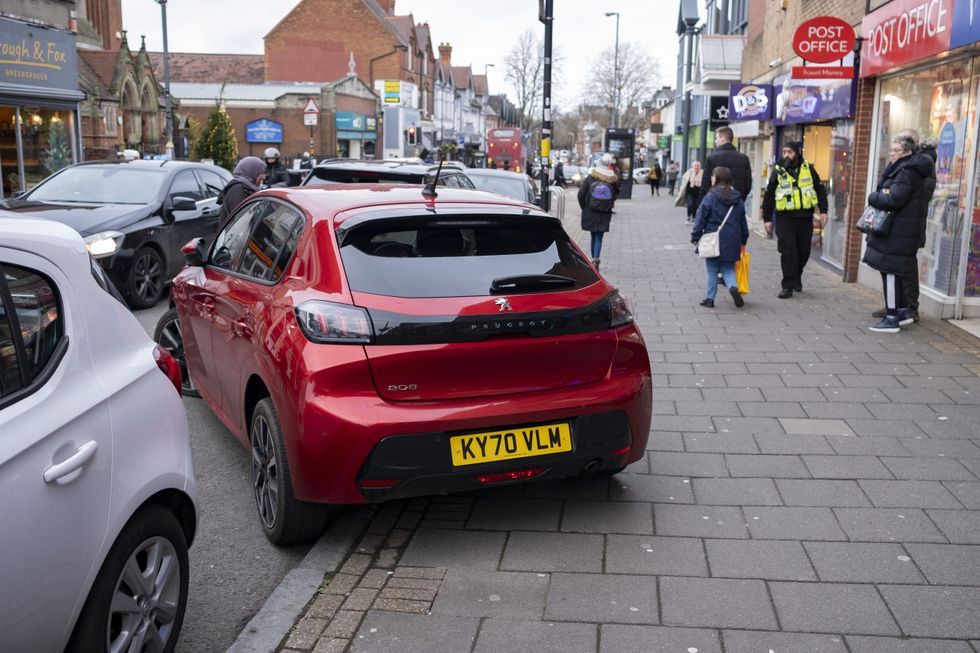 Pavement parking is currently illegal in London and across Scotland | GETTY
Pavement parking is currently illegal in London and across Scotland | GETTYBut residents in Bracknell have warned that these powers were rarely used, with councils arguing they were being left to take the blame because they could not act without Traffic Regulation Orders.
"Most complaints we received were isolated incidents or related to specific vehicles," Councillor Gillbe explained. "It would have been appropriate for the police to address the issue at a local level."
Meanwhile, national pressure has been growing throughout the UK for more pavement parking enforcement.
In a Westminster Hall debate last month, 26 MPs pressed for action, warning that pavement parking forced vulnerable pedestrians into the road.
A Department for Transport consultation had closed nearly five years earlier, drawing over 15,000 responses, yet the Government had still not published its conclusions.


